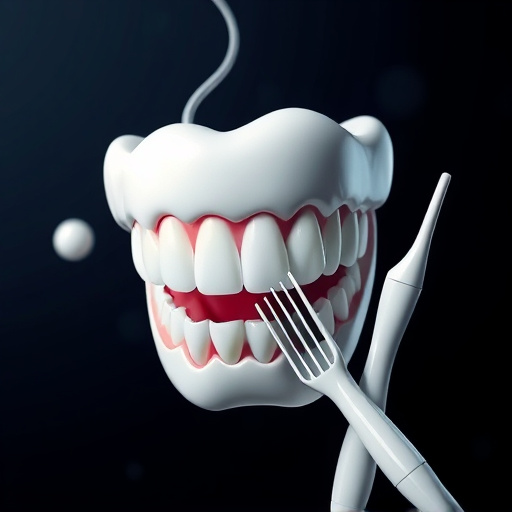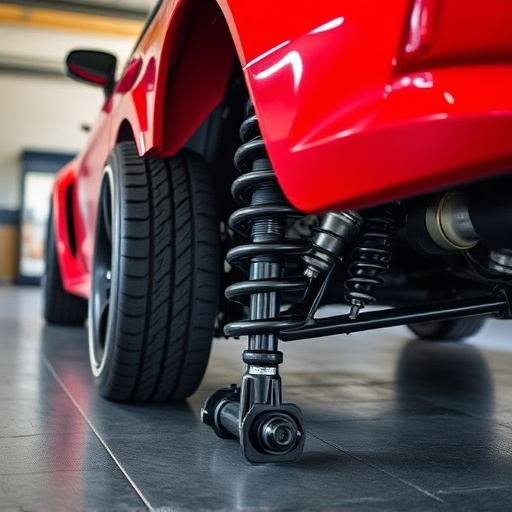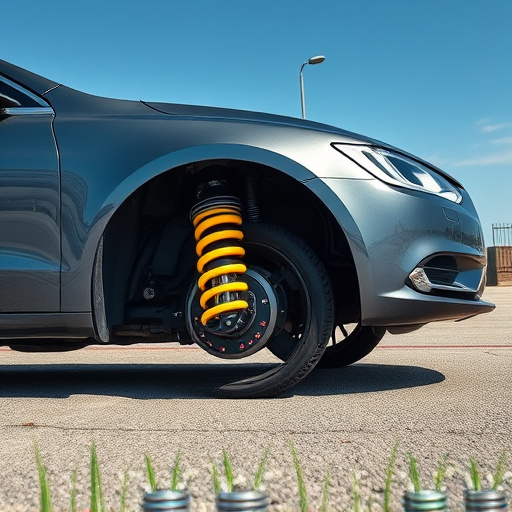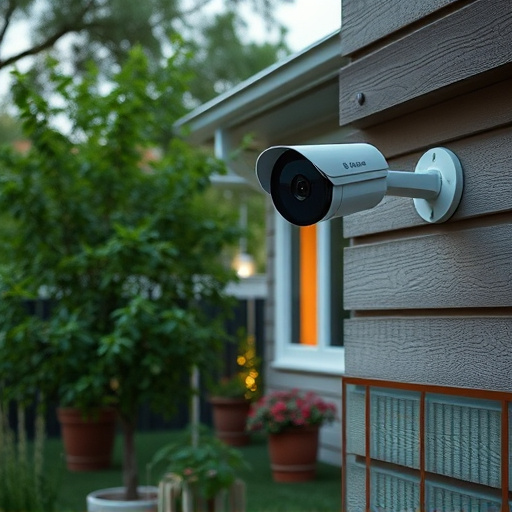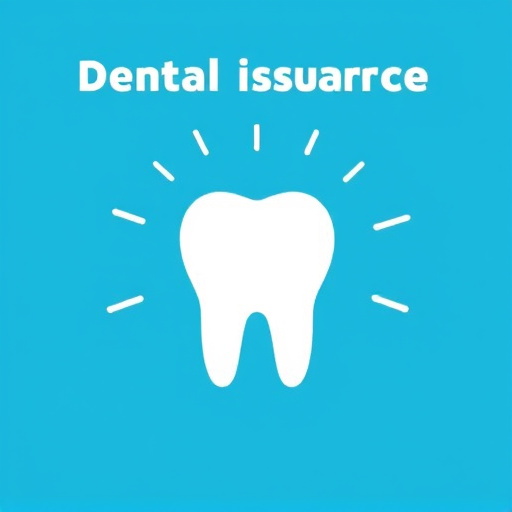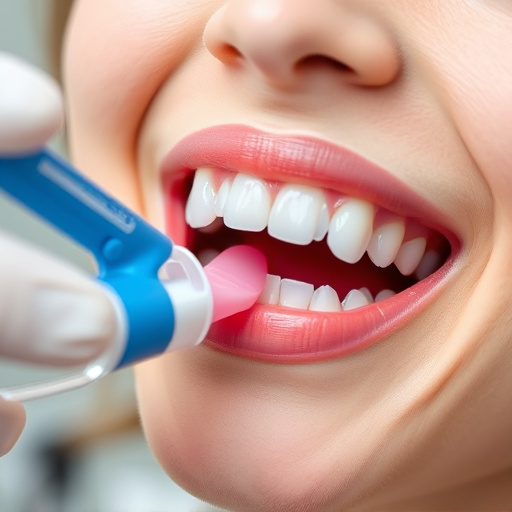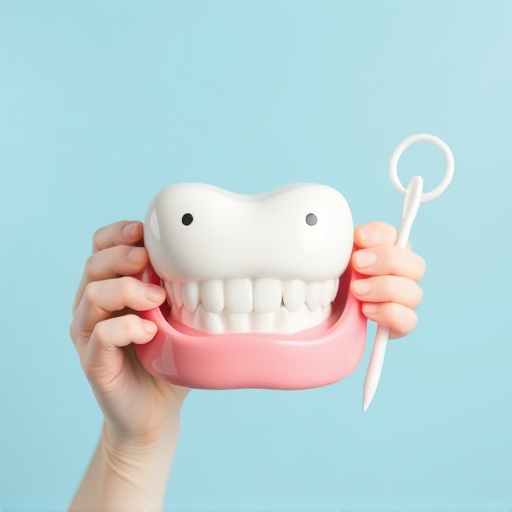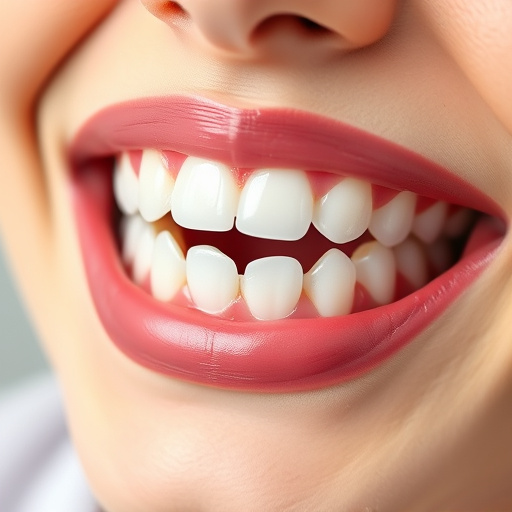Wisdom teeth, erupting between 17-25 years old, can become impacted due to lack of space, causing pain, infections, and damage. Impacted wisdom teeth require removal to prevent complications like cysts and periodontal disease, especially in crowded mouths. Regular dental check-ups monitor their eruption, and professionals often recommend early removal for optimal oral health, including guiding treatment from observation to extractions as needed.
“Curious about when the right time for wisdom teeth removal is? Understanding these ‘wisdom teeth’—typically erupting in late teens or early twenties—is crucial. While they may not always cause issues, impacted or problematic wisdom teeth can lead to pain, swelling, infection, and bone loss. This article guides you through recognizing signs demanding removal, considering the optimal age for surgery, pre-op assessments, and post-operative care, ensuring a safe and effective procedure.”
- Understanding Wisdom Teeth and Their Impact
- – What are wisdom teeth?
- – When do they typically appear?
Understanding Wisdom Teeth and Their Impact
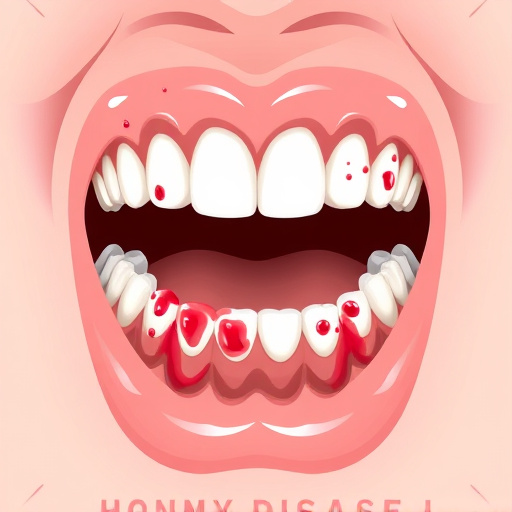
Wisdom teeth, also known as third molars, are the last set of teeth to erupt, typically appearing between the ages of 17 and 25. However, not everyone’s wisdom teeth come in properly or at all. In many cases, these teeth can become impacted, meaning they are unable to fully emerge from the gum line due to a lack of space or an abnormal growth pattern. This can cause various issues, such as pain, infection, damage to adjacent teeth, and cysts.
When wisdom teeth start causing discomfort, bleeding gums, bad breath, or other dental problems, it might be a sign that their removal is necessary. Family dentistry professionals often recommend tooth extractions for impacted wisdom teeth to prevent further complications. While some people may require wisdom teeth removal in their late teens or early twenties, others might not need it until later in life. Regular dental check-ups can help determine the best course of action, whether it’s simply monitoring the wisdom teeth or proceeding with dental fillings or extractions as needed.
– What are wisdom teeth?
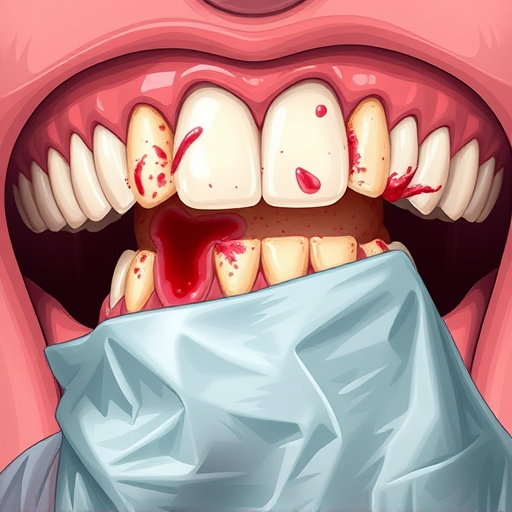
Wisdom teeth, also known as third molars, are the last set of teeth to emerge in a person’s mouth, usually appearing between the ages of 17 and 25. Often, these teeth never fully erupt or can be impacted, meaning they are stuck under the gum line or within the jawbone. This can cause various issues, leading many dental professionals to recommend wisdom teeth removal as part of comprehensive dental care.
Impacted wisdom teeth can result in pain, infection, and damage to adjacent teeth. They may also require special positioning and alignment, which can be challenging due to their location at the back of the mouth. Regular teeth cleaning becomes even more critical in such cases, as it helps maintain oral health until the removal process is complete.
– When do they typically appear?
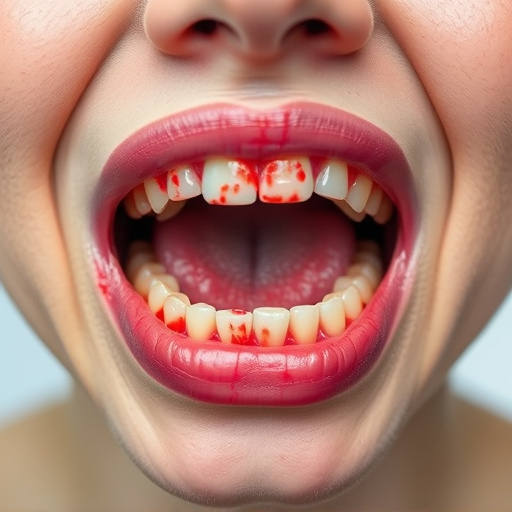
Wisdom teeth, also known as third molars, typically start to emerge between the ages of 17 and 25. However, their appearance can vary significantly from person to person, with some individuals experiencing earlier or later eruptions. This late revelation often leads to questions about whether it’s time for wisdom teeth removal. In many cases, they may remain fully or partially trapped beneath the gum line or jawbone, a condition known as impaction.
Impacted wisdom teeth can cause various issues, including pain, infection, and damage to adjacent teeth. They might also require wisdom teeth removal to prevent complications like periodontal disease or cysts. Additionally, in cases where there’s limited space in the mouth due to other teeth, removing them can be crucial for maintaining optimal oral health and aligning existing teeth through restorative dentistry practices, such as dental crowns or cosmetic fillings.
Determining the right time for wisdom teeth removal involves understanding both the dental development and individual comfort levels. Usually, extraction is recommended between the ages of 17 and 25, as this is when wisdom teeth tend to erupt fully. However, if these teeth cause pain, infection, or crowd other teeth, earlier intervention may be necessary. Consulting a dentist is crucial to assess the specific needs and timing for safe and effective wisdom teeth removal.

